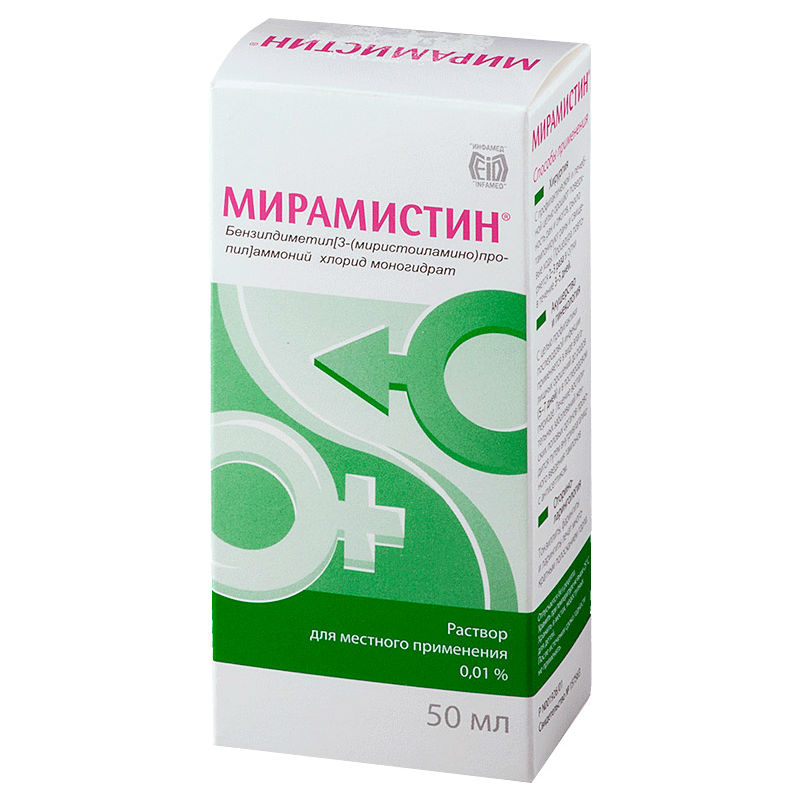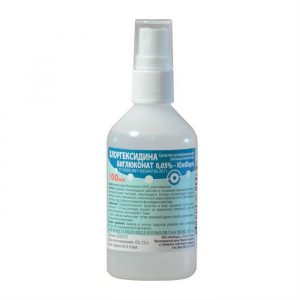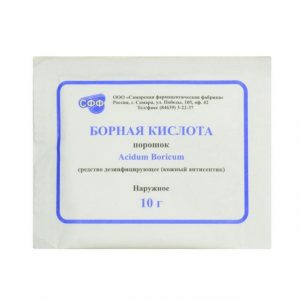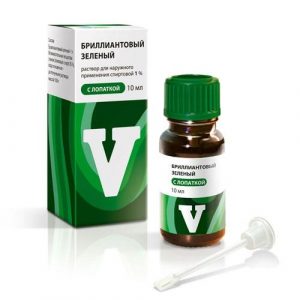Description
Latin name
Miramistin
Release form
Solution for topical use
Packaging
50 ml
Pharmacological action
Miramistin – an antiseptic drug. The mechanism of action is associated with the hydrophobic interaction of the drug with the cytoplasmic membranes of microorganisms, which leads to their destruction. It is bactericidal. Miramistin is active against gram-positive and gram-negative, aerobic and anaerobic, spore-forming and asphorogenic bacteria in the form of monocultures and microbial associations, including hospital strains with antibiotic resistance. Gram-positive microorganisms (Staphylococcus spp., Streptococcus spp., Bac. Anthracoides, Bac. Subtilis) fungi (Candida albicans, Candida tropicalis, Trichophyton rubrum, Microsporum lanosum, Aspergillus niger) gram-negative microorganisms have the highest sensitivity to the drug. Eschrichia spp., Shigella spp. (including Sonne, Flexner), Salmonella spp. (typhoid fever, paratyphoid A and B, foodborne infections), Vibrio spp. (including cholera, NAG, paracholeric, parahemolytic), Treponema pallidum, Corynebacterium diphtheriae protozoa (Chlamidium trachomatis, Chlamidium pneumonia). Miramistin also has an antiviral effect.
Indications
– prevention of suppuration and treatment of purulent wounds in surgical and obstetric practice
– superficial and deep burns
– inflammatory diseases of the female genital area
– individual prevention of sexually transmitted diseases (syphilis, gonorrhea, trichomoniasis, trichomoniasis genital candidiasis)
– acute and chronic urethritis and urethroprostatis of a specific and non-specific nature
– periodontitis, stomatitis, hygienic treatment of removable dentures srdlk p – acute and chronic otitis media, sinusitis, tonsillitis, laryngitis (as part of complex therapy).
Contraindications
Hypersensitivity to the drug.
Use during pregnancy and lactation
Miramistin may be prescribed during pregnancy and lactation according to indications, as with external and local application, systemic absorption of the active substance is unlikely.
In experimental studies, no teratogenic and embryotoxic effects of the drug were detected.
Composition
Active ingredient: benzyldimethyl [3- (myristoylamino) propyl] ammonium chloride monohydrate (in terms of anhydrous substance) 0.1 g
Excipient: purified water – up to 1 l.
Dosage and administration of
In the treatment of purulent wounds and burns, gauze dressings soaked in a solution of the drug are prescribed.
In the treatment of acute and chronic urethritis and urethroprostatitis, it is prescribed in combination with other drugs. The solution is injected into the urethra in a volume of 2-5 ml 2-3 times / day for 5-7 days.
To prevent infection of postpartum injuries, swabs are introduced intravaginally soaked in 50 ml of a solution with an exposure of 2 hours for 7 days.
For the prevention of sexually transmitted diseases, 1.5-3 ml are injected into the urethra for men, for women -1-1.5 ml in the vagina – 5-10 ml for 2-3 minutes are treated with the external genitalia, pubic skin.
Side effects
In some cases, at the injection site, you may experience a slight burning sensation that passes on its own after 15 20 s and does not require discontinuation of the drug.
Allergic reactions.
Drug interaction
With the simultaneous use of the drug Miramistin with antibiotics, a decrease in the resistance of microorganisms to the latter was noted.
Storage conditions
At a temperature not exceeding 25 ° C.
Term hodnosty
3 years
lekarstvennaja form
Solution to the local Application
Indications for the treatment of senility infections, Prevention of genital infections, Vaginal infections
Possible product names
MIRAMISTIN 0.01% 50ML
MIRAMISTIN 0.01% 50ML FLAC RR
MIRAMISTIN 0.01% 50ML.
Miramistin 0.01% 50ml rr
Miramistin 0.01% Rr local approx. 50ml Fl. M




